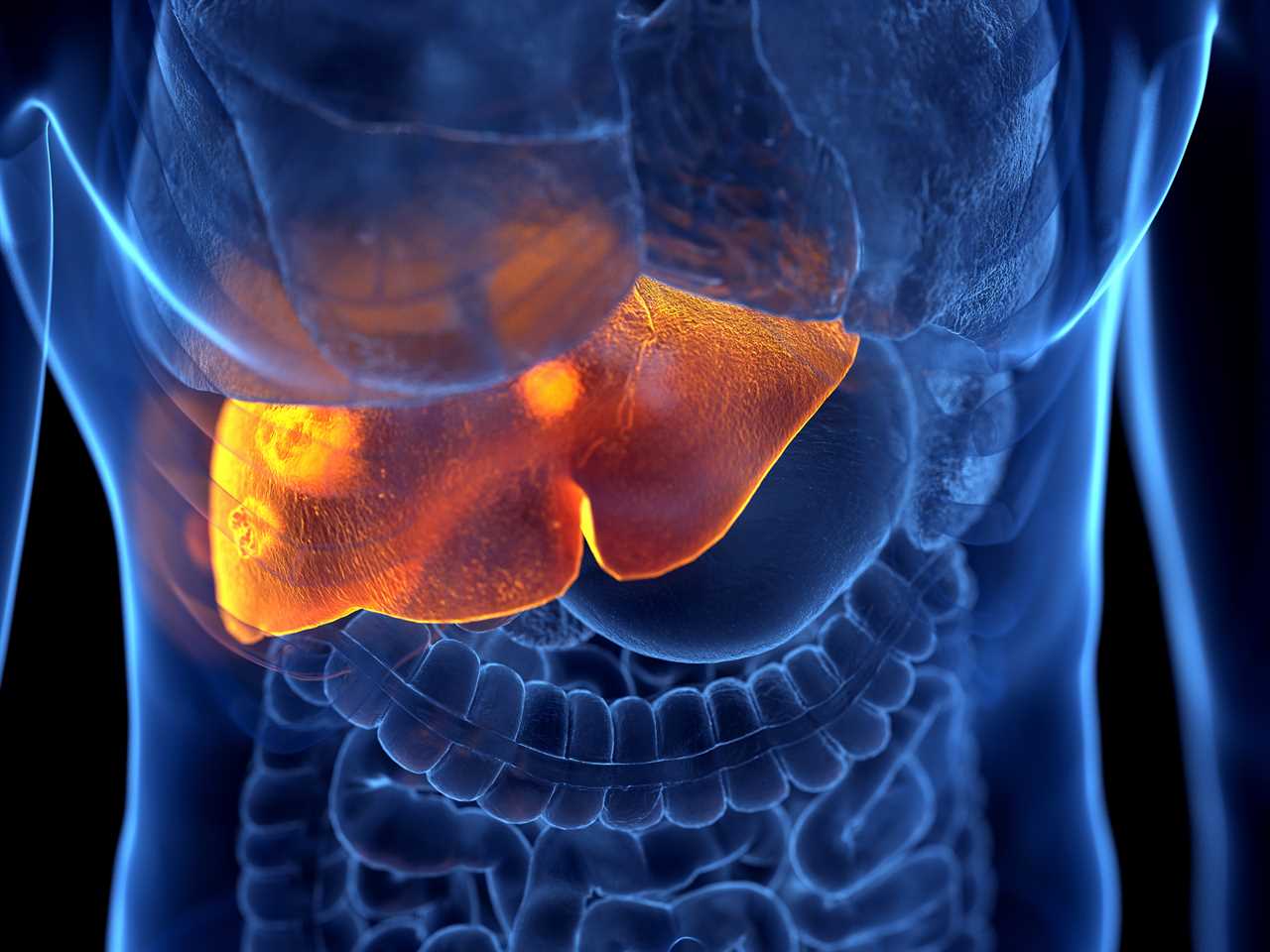THOUSANDS of Brits are being offered on-the-spot scans for liver cancer on the NHS.
Roaming trucks have already visited cities including Bristol, Liverpool, London, Brighton and Nottingham to give people in high-risk communities.

Symptoms of liver cancer include loss of appetite, unexpected weight loss, vomiting blood, and pain or swelling of the abdomen
The scans were offered at GP practices, addiction recovery services, food banks, diabetes clinics, sexual health clinics and homeless shelters, NHS England said.
By this summer, more than 22,000 scans are expected to be completed as the trucks visit more locations across England.
Dame Cally Palmer, national cancer director for the NHS in England, said the “life-saving checks” will target people at risk of the disease who may not have come forward otherwise.
She said: “The on-the-spot liver scans have already found one in 10 people have advanced liver damage that needs further monitoring or treatment as it could lead to liver cancer.
“This ensures these people are seen early and referred on for further testing will help us to diagnose cancers at an earlier stage.”
Dame Cally added: “We’ve already seen hundreds of people diagnosed at an earlier stage through our targeted lung cancer trucks.
“Now with the addition of NHS teams offering these vital liver checks in mobile trucks across the country, I urge anyone who is offered a scan in their community to take the opportunity.”
Around 6,100 people are diagnosed with liver cancer every year but the number of cases has doubled over the past decade and is expected to continue to rise.
Symptoms include loss of appetite, unexpected weight loss, vomiting blood and pain or swelling of the abdomen.
Currently, only one in three liver cancers are diagnosed at an early stage but NHS chiefs hope the programme will help catch more cancers earlier.
People at risk, who are being targeted by the programme, include those who drink too much, those with viral hepatitis or a history of it, and people with non-alcoholic liver disease.
From more than 7,000 scans carried out between June last year and this January, more than 830 people with cirrhosis or advanced fibrosis were identified and referred for further care.
These conditions are a leading cause of liver cancer.
Health Minister Helen Whately said: “We know the earlier we detect cancer, the earlier treatment can begin and the better the chance of a patient recovering.
“We are supporting the NHS to bring liver scans into the heart of communities to help tens of thousands of patients to receive a potentially life-saving diagnosis sooner.”






